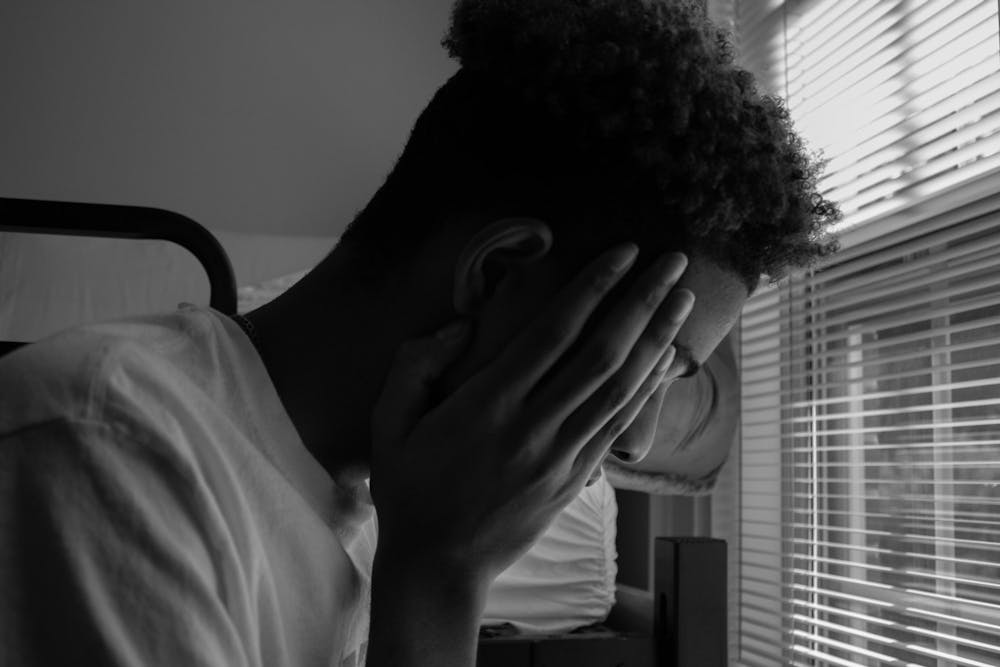The Heels Care Network at UNC hosted its “Mental Health, Spirituality and Faith: How Do They Connect?” event on Monday — the first in a series of mental health seminars that will be held this semester.
The Heels Care Network is a University platform that seeks to help UNC students find resources including therapists, peer support and free guides about managing mental health in college. The University launched it last month.
Amy Johnson, vice chancellor for student affairs, said that the creation of the network and the ongoing mental health seminar series was inspired by student feedback gathered during the UNC Mental Health Summit on Nov. 15.
“There was really a strong desire to continue the conversation and to make sure that we did not treat this issue of mental health through the summit as a one-time-only event,” she said. “We wanted to think of it more as an ongoing dialogue and conversation."
Johnson said that the series of mental health seminars will tackle a different topic to keep the community mental health conversation going.
The panel for the first seminar in the series included Licensed Clinical Social Worker and Master of Divinity Elizabeth Harrison, Senior Jewish Educator for UNC Hillel Rabbi Melissa Simon, UNC Muslim Students Association Leader Imam Abdul Waheed, Associate Rector for University Ministry Rev. Mary Cat Young and Campus Minister for Reformed University Fellowship Simon Stokes — all of whom are members of religious and/or spiritual organizations at the University.
Clinical assistant professor Karon Johnson served as the faculty presenter during the virtual seminar, fielding questions from students after panelists had finished speaking.
“We heard from students that there needs to be an active, preventative and attuned approach to working with students and supporting students throughout their time at Carolina, and also faculty and staff, rather than a reactive one,” Johnson said. “So I love the fact that this will be a way for that to happen.”
During Monday's seminar, campus religious leaders spoke about the intersection of spirituality and mental health, considering the positive and negative effects of religious belief on students.




